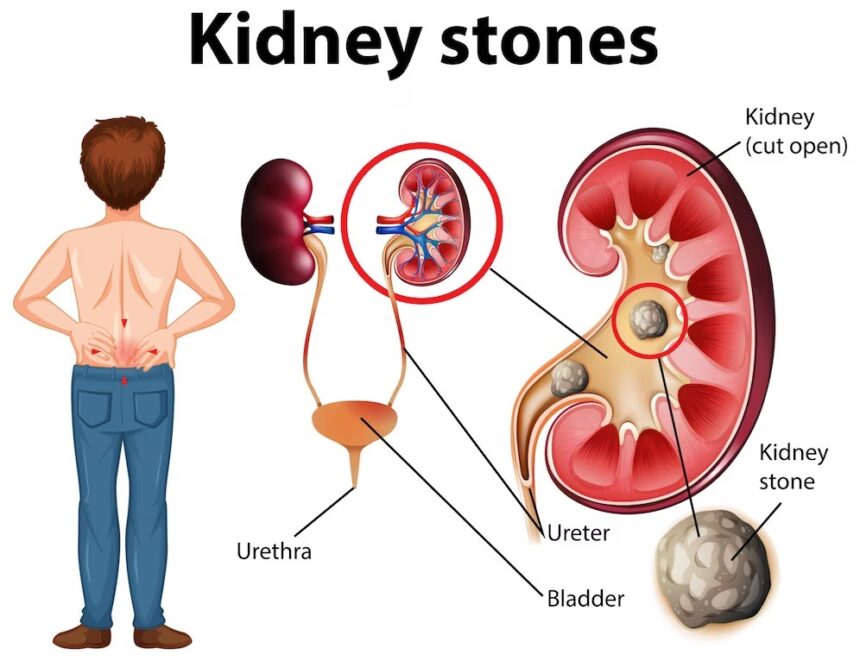Kidney disease is a significant health issue affecting a substantial number of people in South Africa. The kidneys play a crucial role in filtering waste products from the blood, regulating fluid balance, and maintaining overall health. Recognizing the symptoms of kidney disease is essential for early detection and timely intervention. In this article, we will discuss the common signs and symptoms of kidney disease in South Africa, emphasizing the importance of awareness and seeking medical attention to protect kidney health.
- Changes in Urination Patterns:
One of the earliest signs of kidney disease is changes in urination patterns. Pay attention to the following symptoms:
- Increased frequency of urination, particularly at night (nocturia).
- Decreased urine output or difficulty urinating.
- Foamy or bubbly urine.
- Blood in the urine (hematuria).
- Urine that appears dark or tea-colored.
- Swelling and Fluid Retention:
Kidneys help regulate the body’s fluid balance. When they are not functioning properly, fluid can accumulate, leading to swelling in various parts of the body. Watch for:
- Swelling in the ankles, feet, hands, or face.
- Puffiness around the eyes, especially upon waking.
- Fatigue and Weakness:
Kidney disease can cause a buildup of toxins and waste products in the body, leading to fatigue and weakness. If you experience unexplained tiredness or a lack of energy that persists even with adequate rest, it could be a potential symptom of kidney disease.
- Persistent High Blood Pressure:
Healthy kidneys play a vital role in regulating blood pressure. However, kidney disease can lead to high blood pressure (hypertension). If you have consistently high blood pressure that does not respond to lifestyle modifications or medications, it may be a sign of kidney damage.
- Changes in Appetite and Weight Loss:
Kidney disease can affect appetite and lead to unintentional weight loss. If you notice a significant decrease in appetite, unexplained weight loss, or a metallic taste in your mouth, it is essential to consult a healthcare professional.
- Nausea and Vomiting:
As kidney function declines, waste products can accumulate in the blood, causing gastrointestinal symptoms like nausea and vomiting. If you experience persistent nausea, vomiting, or a loss of appetite, it is advisable to seek medical attention.
- Muscle Cramps and Restless Legs Syndrome:
Electrolyte imbalances and fluid retention associated with kidney disease can result in muscle cramps, especially in the legs. Additionally, some individuals with kidney disease may experience Restless Legs Syndrome (RLS), which is characterized by an uncontrollable urge to move the legs, usually accompanied by an uncomfortable sensation.
- Skin Problems and Itching:
Kidney disease can manifest as changes in the skin and persistent itching (pruritus). The buildup of waste products and toxins in the blood can affect the skin, leading to dryness, rash, or severe itching. If you notice any unusual skin changes or persistent itching, consult a healthcare professional.
Recognizing the symptoms of kidney disease is crucial for early detection and prompt medical intervention in South Africa. If you experience any of the mentioned signs, it is essential to consult a healthcare professional for proper evaluation and diagnosis. Regular check-ups, especially for individuals at higher risk, such as those with diabetes, hypertension, or a family history of kidney disease, can aid in the early detection and management of kidney disease. By staying vigilant and taking proactive steps to protect kidney health, we can reduce the burden of kidney disease and improve overall well-being in South Africa.










